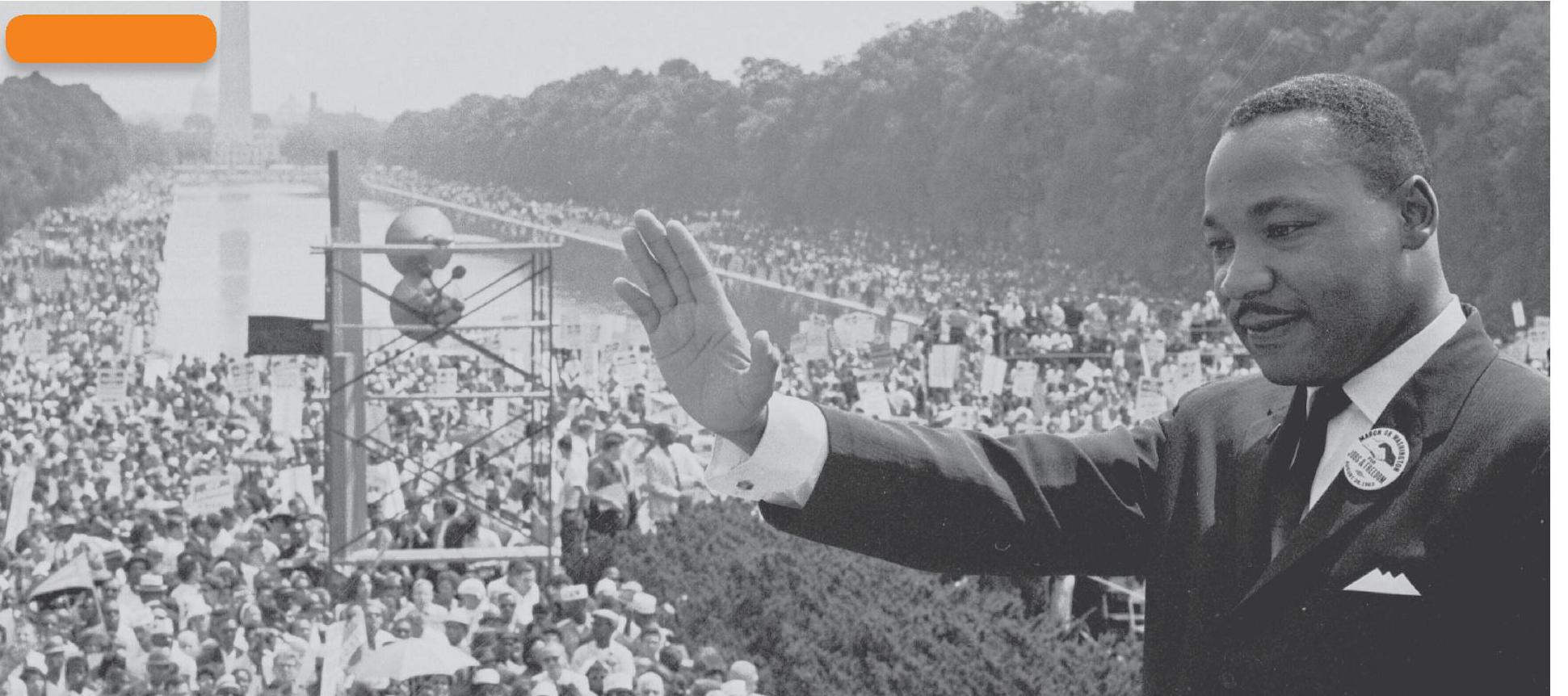
There is no doubt that Martin Luther King is an iconic figure who displayed immense bravery, personal sacrifice and inspirational qualities which have endured well beyond the civil rights era of the 1950s and 1960s. However, many historians question the extent to which he deserves credit for the successes of the civil rights campaigns for which he is often regarded as the principal and most influential leader.
There are many who question the extent of Martin Luther King’s responsibility for the achievements of the civil rights movement, arguing that his role has been exaggerated at the expense of others and highlighting shortcomings in his leadership. Essentially, these arguments are based on three key points.
Your organisation does not have access to this article.
Sign up today to give your students the edge they need to achieve their best grades with subject expertise
Subscribe




